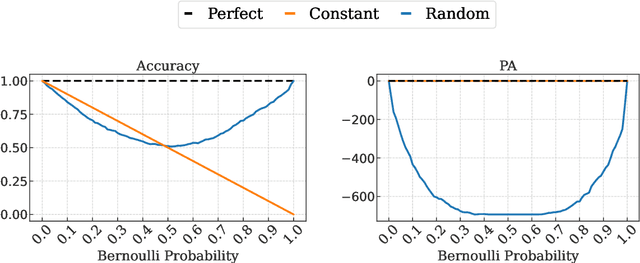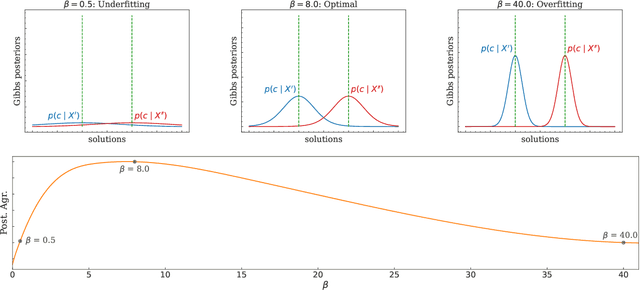Rethinking Robustness in Machine Learning: A Posterior Agreement Approach
Paper and Code
Mar 20, 2025



The robustness of algorithms against covariate shifts is a fundamental problem with critical implications for the deployment of machine learning algorithms in the real world. Current evaluation methods predominantly match the robustness definition to that of standard generalization, relying on standard metrics like accuracy-based scores, which, while designed for performance assessment, lack a theoretical foundation encompassing their application in estimating robustness to distribution shifts. In this work, we set the desiderata for a robustness metric, and we propose a novel principled framework for the robustness assessment problem that directly follows the Posterior Agreement (PA) theory of model validation. Specifically, we extend the PA framework to the covariate shift setting by proposing a PA metric for robustness evaluation in supervised classification tasks. We assess the soundness of our metric in controlled environments and through an empirical robustness analysis in two different covariate shift scenarios: adversarial learning and domain generalization. We illustrate the suitability of PA by evaluating several models under different nature and magnitudes of shift, and proportion of affected observations. The results show that the PA metric provides a sensible and consistent analysis of the vulnerabilities in learning algorithms, even in the presence of few perturbed observations.
 Add to Chrome
Add to Chrome Add to Firefox
Add to Firefox Add to Edge
Add to Edge